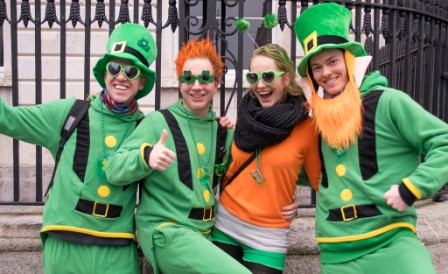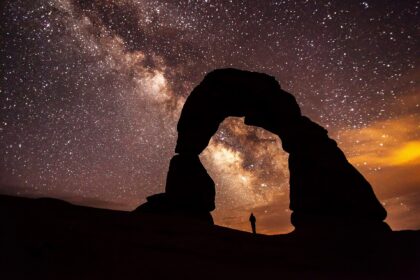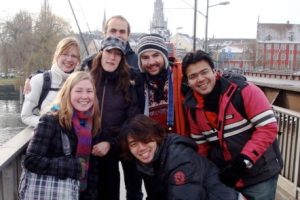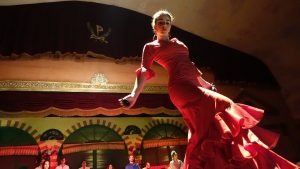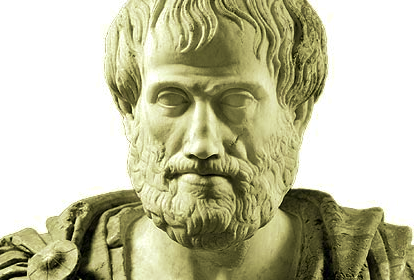Do you want to go on exchange in Ireland? Please contact us so we can help you.
If you go on exchange to Ireland you should know that this country has a Celtic past and a strong Catholic tradition, and that its holidays mainly commemorate dates from both currents, as well as certain historical events. In this article we will tell you which are the main typical festivities in Ireland.
St. Patrick’s Day
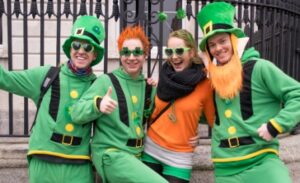
When you go on exchange in Ireland, you definitely have to celebrate St. George’s Day. Patrick’s Day, which commemorates the death of St. Patrick, who was responsible for converting this country to Christianity. The story goes that at the age of 16, Patrick of Ireland was captured by pirates who enslaved him for six years until he managed to escape. After this, he went to Rome, was ordained a priest and returned to Ireland to bring the Christian message and succeeded in evangelizing this country while respecting its Celtic tradition.
On St. Patrick’s Day, everyone wears green, large leprechaun hats and the symbol of the shamrock, with which St. Patrick explained the mystery of the Holy Trinity. In addition, it is celebrated with traditional music, dances and parades in which, according to recent figures, 150 thousand people participate and 2 million spectators attend. Some 13 million pints are also sold in bars and pubs, with the particularity that thebeers are also dyed green!
The opportunity is propitious to visit St. Patrick’s Cathedral, based in Dublin, about which it is said that in that place the saint baptized those who converted to Christianity. St. Patrick’s Day is also celebrated in Chicaco, New York, Sydney, London and even in Montserrat, a small island in the Caribbean.
Good Friday
Good Friday is celebrated on Good Friday. During Good Friday, no alcohol may be purchased in Ireland, except for hotel guests, who may drink in hotel bars between 5 and 11 p.m. Pubs are not open on this day and, although it is not an official holiday, schools and some stores are also closed. So if you are going on exchange in Ireland on that day you should be on your best behavior!
Easter Monday
It is the day after Easter Sunday. Most people spend this day with their loved ones, go to religious services, sporting events or local fairs. This day also commemorates the Easter Rising, which took place between April 24 and 29, 1916, and is considered the greatest attempt of the Irish to gain independence from the United Kingdom, a goal they achieved years later. During this day some stores and pubs have reduced opening hours, especially in the smaller towns; there are also variations in public transport.
May Day
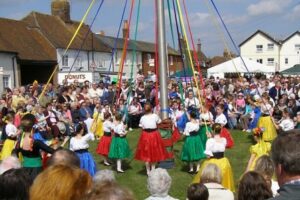
This is the first Monday in May, when workers’ day is celebrated and their rights are promoted with parades and other events. Also, during May Day, a Celtic festival known in Gaelic as Lá Bealtaine is held, commemorating the flowering of plants and fertility. One of the cultural expressions of Lá Bealtaine is the Maypole Dance, also known as the Ribbon Dance, in which a group of children perform a choreography with multicolored ribbons that are tied to a pole.
Samhaim and Halloween
After the summer, which in Ireland has its own festivals, Samhain is celebrated, which is a precursor to Halloween and consists of a tradition of Celtic origin that is more than 3000 years old. It took place during the night of October 31, when the last annual harvest season ends, after which comes a darker and colder time in which it is not possible to sow, so the Irish stocked up to endure the coming days.
Thus, Samhaim is considered the Celtic New Year, as it ends the luminous stage of the year, celebrating life as well as rebirth through death. According to tradition, during Samhaim the doors that separate the dead from the world of the living are opened so that they can share during this day.
After Ireland’s conversion to Christianity, this tradition evolved into Halloween, a word that comes from the phrase “All Hallows Eve”, which means “All Saints’ Eve”. During Halloween night, as it is done in the United States and other countries that imported this tradition from Ireland. people wear spooky costumes, children exchange candy for gifts under threat of trick-or-treeing, and jack-o-lanterns are set up: hand-carved pumpkins, alluding to the legend of Stingy Jack, who trapped the devil and the latter in revenge conjured the former so that he wandered every night carrying an empty turnip with a candle inside.
Christmas Eve and Christmas Day
If you go on exchange in Ireland you should know that the Irish prepare for Christmas days in advance, stocking up at Christmas markets that flood the city, being one of the most popular in Dublin called “12 Days of Christmas”.
Most people must work for part of December 24, but try to be home for dinner, which in many cases includes a piece of ca’ca Nollaig, a Christmas cake prepared months in advance that includes fruit marinated in brandy or whiskey, spices and nuts, and topped with a layer of almond dough. Likewise, people decorate their homes with lights, garlands, candles and the Christmas tree.
Also, some families have a miniature representation of the birth of Jesus and place an electric light or candle in one or more windows as a symbol of welcome for the Holy Family. On this day many stores have reduced hours and transportation may stop in the early evening.
Now, during Christmas, children expect gifts from “Saint Nicholas” and not from Santa Claus, for which a glass of milk and bread is placed in the house as a sign of hospitality. On Christmas Day there is usually a large family dinner, in which the main dish is usually turkey, chicken or goose with potatoes and gravy. The dessert is usually a Christmas pudding and some families add the so-called “American cookie tin”, whose layers must be eaten in an orderly fashion: you cannot start eating the second layer of cookies until the first one is finished.
St. Louis Day. Stephen
On December 26, the young people celebrate the Wren Boys, an opportunity in which they go out with masks and sticks singing traditional melodies, for which they ask for money and in exchange for this they give a feather loaded with good luck. Also, on this day and until December 29th, two world-famous equestrian events take place: “Limerick Racing Festival” and “Leopardstown Christmas Racing Festival”.
New Year and New Year’s Eve
During December 31, the Irish stock up, clean their houses to properly welcome the new year and have or go to parties. During midnight there are usually small parades, fireworks and traditional music shows, continuing the party until the early hours of January 1st.
New Year’s Eve is not a public holiday in Ireland, but many people manage to have this day off to visit their loved ones. On this day a significant number of businesses close earlier than usual and many restaurants and pubs operate by reservation only. On the other hand, transportation works normally, except in the late afternoon, when it slows down or stops completely.
Finally, during the New Year Ireland is very quiet, as most businesses are closed or have reduced hours.
